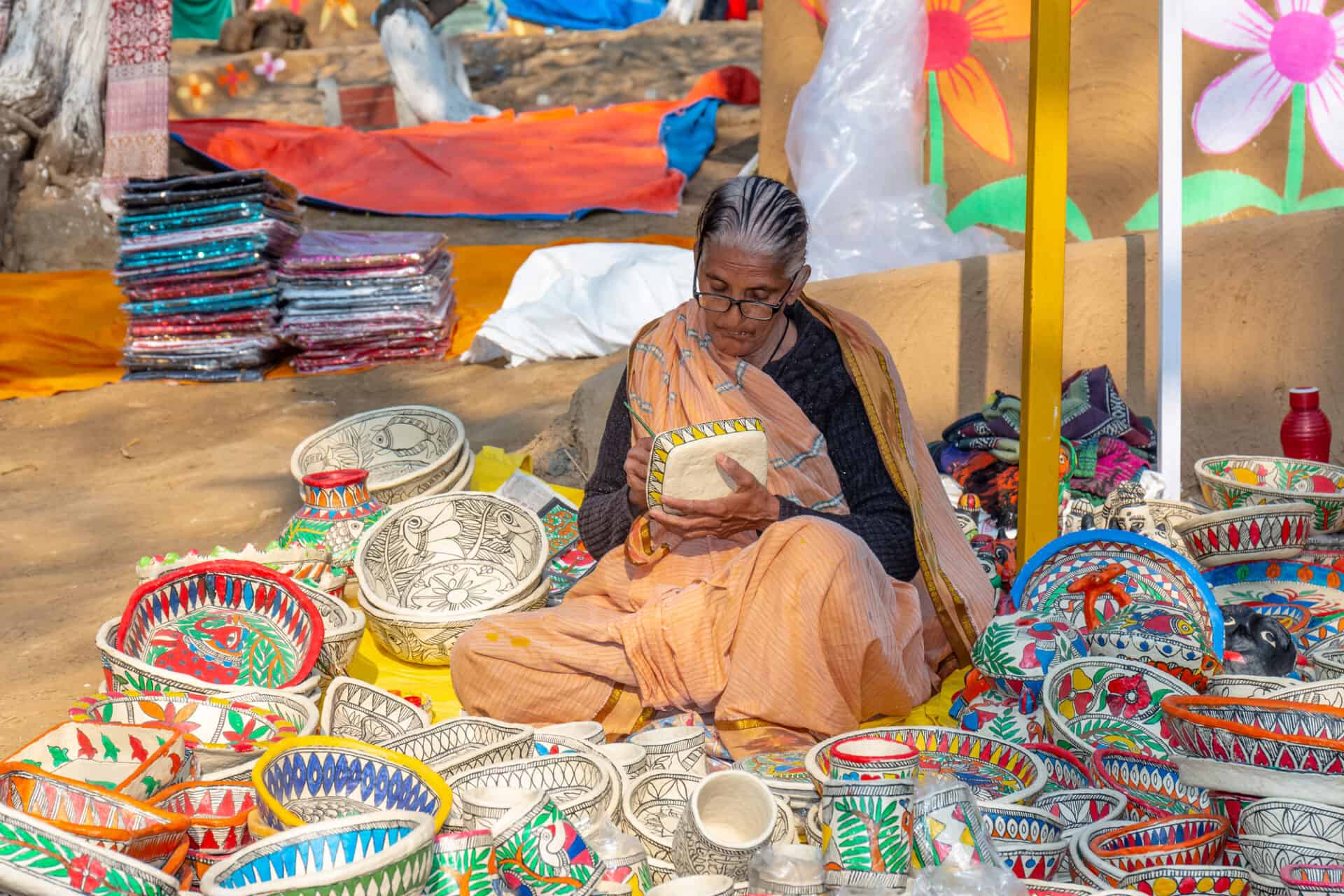How do we choose sustainable souvenirs during our journeys? Traveling opens doors to new cultures, experiences, and memories. For many, souvenirs are tangible representations of those memories, meant to last long after the journey ends. However, as conscious travelers, we must ask ourselves: do our souvenirs reflect our values of sustainability and ethical responsibility? We will explore how to select mementos that are kind to the planet and supportive of local communities.
The impact of your keepsake
The innocent act of buying a souvenir can have unintended consequences. Mass-produced trinkets may contribute to environmental degradation and offer little economic benefit to the artisans and communities travelers visit. Around the globe, several initiatives reflect sustainable practices in souvenirs. From cooperative-run stores in Latin America that ensure fair wages to community-based tourism projects in Africa that promote local craftsmanship, there are plenty of success stories to take inspiration from.
Support local artisans
Choosing handicrafts made by local artisans not only provides you with a unique keepsake but also contributes to the livelihood of the community. Look for items that tell a story of the local culture and craftsmanship, ensuring your purchase supports fair labor practices.
Fair trade practices
Fair trade organizations help ensure that artisans are paid fairly and work in safe conditions. By seeking out fair trade certified products, you can trust that your souvenirs are created with ethical considerations in mind.
Ecological footprint
Consider the materials and processes used to create the souvenir. Opt for items made from local, sustainable, or recycled materials. Avoid souvenirs made from endangered species or that contribute to habitat destruction.

Tips for finding the perfect eco-friendly souvenir
Finding the right souvenir that aligns with your eco-conscious values can be challenging, but here are some tips to guide you:
Research before you go: Look into the area’s local crafts and artisan communities before you travel.
Ask questions: When shopping, ask vendors about the origin of the items and the materials used.
Avoid wildlife products: Products made from coral, shells, ivory, or other animal derivatives can be harmful to ecosystems and are often illegal.
Seek authenticity: Choose items that are authentic to the place and represent its culture and heritage.
Creative and sustainable souvenir ideas
Sometimes the best mementos are those that don’t contribute to the environmental burden. Here are some creative ideas:
Local delicacies: Purchase local food items that you can consume, like spices, teas, or jams, ensuring they are packaged sustainably.
Plant seeds: If customs regulations allow, seeds of local plants can be a way to bring a piece of the destination home to grow in your garden.
Digital memories: A collection of photos, sounds, or videos can capture the essence of your travels without any physical impact.
Artisan experiences: Instead of buying an item, invest in an experience, like a workshop or class, where you can create your own souvenir.
Conscious travel is about the choices we make and how they affect the world around us. By choosing sustainable souvenirs, we take home not just a memento, but also the satisfaction of having made a positive impact. Let’s travel with intention, selecting keepsakes that represent our adventures and our commitment to the planet.
This article is part of the series by Conscious Travel Guide, your resource for mindful globetrotting.


